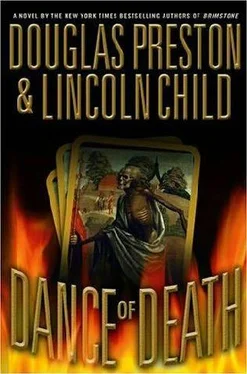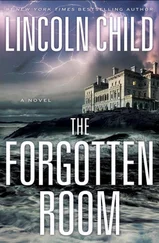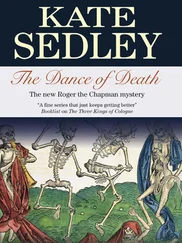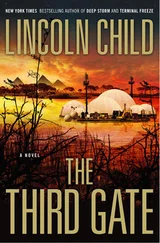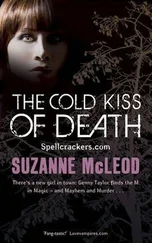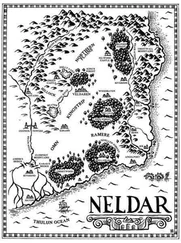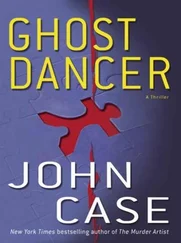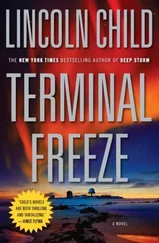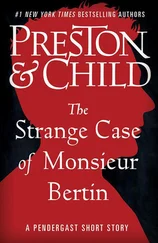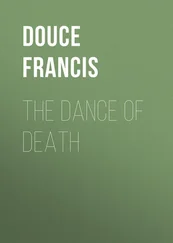The car moved down the empty road. No one was out.
He could tell, from a shifting of the monochromatic landscape around him, that night was relinquishing its hold on the world. Dawn was not far away. But Diogenes had little use for sunlight, just as he had little use for warmth or love or friendship or any of the countless things that nourished the rest of humanity.
As he drove, he played back, in meticulous detail, the events of the night before. He went over every last action, motion, statement, taking pleasure in satisfying himself that he had made no errors. At the same time, he thought of the days ahead, mentally ticking off the preparations he would have to make, the tasks he'd need to perform, the great journey he would make-and, aber natürlich, the journey's end. He thought of Viola, of his brother, of his childhood, multithreaded multiplexing waking daydreams that seemed more real than the present. Unlike the other bags of meat and blood that made up his species, Diogenes mused, he could process several disparate trains of thought simultaneously in his head.
The Event which had robbed Diogenes of color had also stolen his ability to sleep. Full oblivion was denied him. Instead, he drifted, he lay on his bed in a world of waking dreams: memories of the past, conflagrations, conversations, conflations, certain animals poisoned and dying with exquisite restraint, racked bodies on splintered roods, a hair shirt fashioned from nerve ganglia, a mason jar of freshblood-the disconnected images from his past played on the screen of his mind like a magic-lantern show. Diogenes never resisted them. Resistance would be futile, and futility itself was, of course, to be resisted. He let the scenes drift in and out as they would.
All this would change. The great wheel would come around, because he-after all-was about to break a butterfly upon a wheel. The thing that had preyed upon his mind would at long last be exorcised. His revenge on his brother was all but complete.
As he drove, Diogenes let his thoughts drift back almost thirty years. At first-after it had happened-he had lost himself in the inner maze of his mind, wandering as far from reality and sanity as it was possible to go, while even a small part of him remained prosaic, quotidian, able to interact with the outside world, whose true nature now-thanks to the Event-stood revealed to him.
But then-slowly, very slowly-insanity alone lost its power to shelter. It was no longer a comfort, even a bitter one. So he came back, but he was like a diver who had gone too deep, run out of air, and rushed to the surface only to be racked by the bends.
That was the worst moment of all.
And yet it was at this very moment, as he balanced on the cruel knife-edge of reality, that he comprehended there was a purpose waiting for him back in the real world. A double purpose: a reckoning and a reclamation. It would take decades of planning. It would be, in his own self-referential world, a work of art: the masterpiece of a lifetime.
Why then Ile fit you.
And so Diogenes did return to the world.
He knew now what kind of place it really was and what kind of creatures inhabited it. It was not a lovely world, no, not a lovely world at all. It was a world of pain and evil and cruelty, walked on by vile creatures of piss and excrement and bile. But his newfound purpose, the end toward which he had bent all his intellect, made such a world just bearable. He became a chameleon par excellence, hiding everything, everything, behind a fast-changing skin of disguise, prevarication, misdirection, irony, cool detachment.
At times, when his will threatened to crumble, he found that certain temporary pastimes were enough to divert him, to haul him up from the deeps. The emotion that sustained him some might call hatred, but for him it was the mead that nourished him, that gave him superhuman patience and a fanatic's attention to detail. He found he could live not merely a double life or a triple life, but in fact could assume the very personalities and lives of half a dozen invented people, in several different countries, as the needs of his work of art required.
Some of the personalities he had assumed years, even decades before, as he laid the complex groundwork of his master plan.
Ahead, an intersection. Diogenes slowed, turned right.
Night was relinquishing its hold on the world, but Suffolk County still slept. It gave Diogenes comfort to know that his brother, Aloysius, was not one of those sunken in voluptuous or erotic stupefaction. Nor would Aloysius sleep well again: ever. Just now he would be growing fully conscious of the dimensions of what he, Diogenes, had done to him.
His plan had the power and functional perfection of a well-oiled bear trap. And now Aloysius was caught in its jaws, awaiting the arrival of the hunter and the merciful bullet to the brain. Only, Diogenes would show no such mercy.
His eyes strayed back to the satchel on the passenger seat. He had not opened it since filling it hours before. The transcendental moment, when he looked at-or rather into -the diamonds at leisure had almost arrived. The moment of freedom, of release, he had so long yearned for.
For only through the intense, brilliant, refracted light issued by a deeply colored diamond could Diogenes escape, if only for a moment, his black-and-white prison. Only then could he recapture that faintest and most sought-after of his memories-the essence of color. And of all the colors he most longed for, red was his overriding passion. Red in all its myriad manifestations.
Lucifer's Heart. That was where he would begin and where he would end. The alpha and the omega of color.
Then there would be Viola to take care of.
The instruments had all been cleaned, polished, honed, and stropped to their sharpest edges. Viola would take some time. She was a grand cru wine that merited being taken up from the cellar, brought to room temperature, uncorked, and allowed to breathe- before being enjoyed, one exquisite sip after another, until nothing was left. She had to suffer-not for her sake, but for the marks it would leave on her body. And no one would be better able to interpret those marks than Aloysius. They would induce a suffering in him equal to, if not exceeding, the pain they caused the body's owner.
Perhaps he would start with a re-creation, in the cottage's damp stone basement, of the scene depicted in Judith and Holofernes. That had always been his favorite painting of Caravaggio's. He'd stood in front of it for hours, at the Galleria Nazionale d'Arte Antica in Rome, rapt in admiration: the lovely little furrow of determination on Judith's brow as she did the knifework; the way she kept every part of her body, save her bare hands and arms, away from the messy work in progress; the bright strong cords of blood that slashed diagonally across the bedsheets. Yes, that would make a fine start. Perhaps he and Viola could even study the painting together, before he got to work. Judith and Holofernes. With the roles reversed, of course, and the addition of a pewter bleeding bowl so that none of the precious nectar would be lost…
Diogenes passed through the empty village of Gerard Park. Gar-diners Bay appeared ahead of him, a dull cold sheet of zinc broken by the dark outlines of distant islands. The car eased right onto Gerard Drive, Acabonack Harbor on one side, the bay on his left. Less than a mile more now. As he drove, he smiled faintly.
"Vale, frater," he murmured in Latin. "Vale."
Viola had pulled the chair up to the barred window, and she watched the first streak of light creep over the black Atlantic-a smudge of dirty chalk-with a sense of surreal detachment. It was like a nightmare she couldn't wake from, a dream as real and vivid as it was senseless. What scared her most of all was the realization of just how much trouble and expense Diogenes had gone to in creating this prison cell-riveted steel walls, floor, and ceiling, a steel door with a tumbler lock from a safe, not to mention the unbreakable windows, the special plumbing and wiring. It was as secure as a cell in the highest security prison-maybe more so.
Читать дальше
